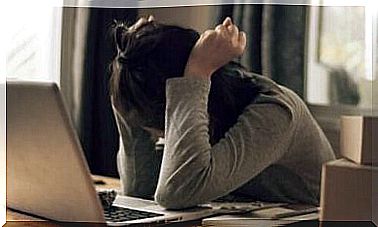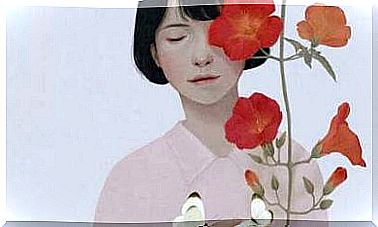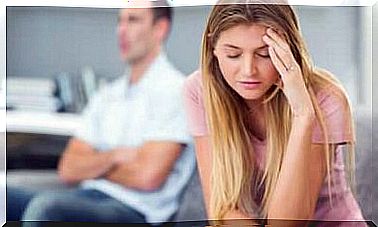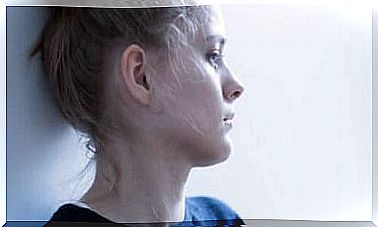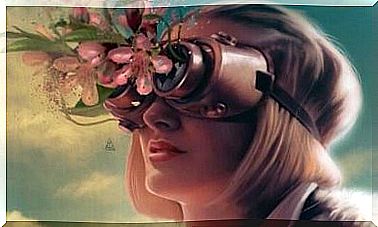What Is A Nocebo Effect?
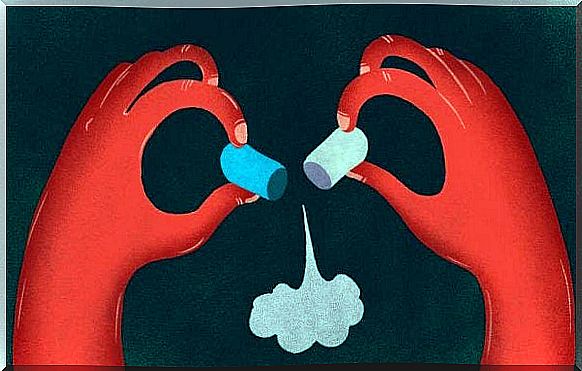
We have all heard of the famous “placebo effect”. You may have already experienced it in your life. There are many studies that support this concept, but it is not the case for the opposite, which is called “nocebo effect”. This happens under similar conditions, but there are not many published studies on this topic, which makes the term sound a bit mysterious.
The placebo effect has been of great help to doctors and researchers for many years now. First, it is very effective in experiments, without harming subjects. It also helps medical specialists to distinguish between severe pain and the much milder type.
This can often work when parents see their children express pain in a dramatic way, so they give them a candy and say it helps. It almost always works (of course, except for those times when it’s really a strong pain). This is just an example that shows that self-suggestion is much more powerful than you think.
What exactly is a nocebo effect?
Just like placebo, the nocebo effect works thanks to false expectations. The difference is that the expectations with a nocebo effect are negative. A patient may believe that a medicine will cause bad side effects, and then they end up having exactly the same problems.
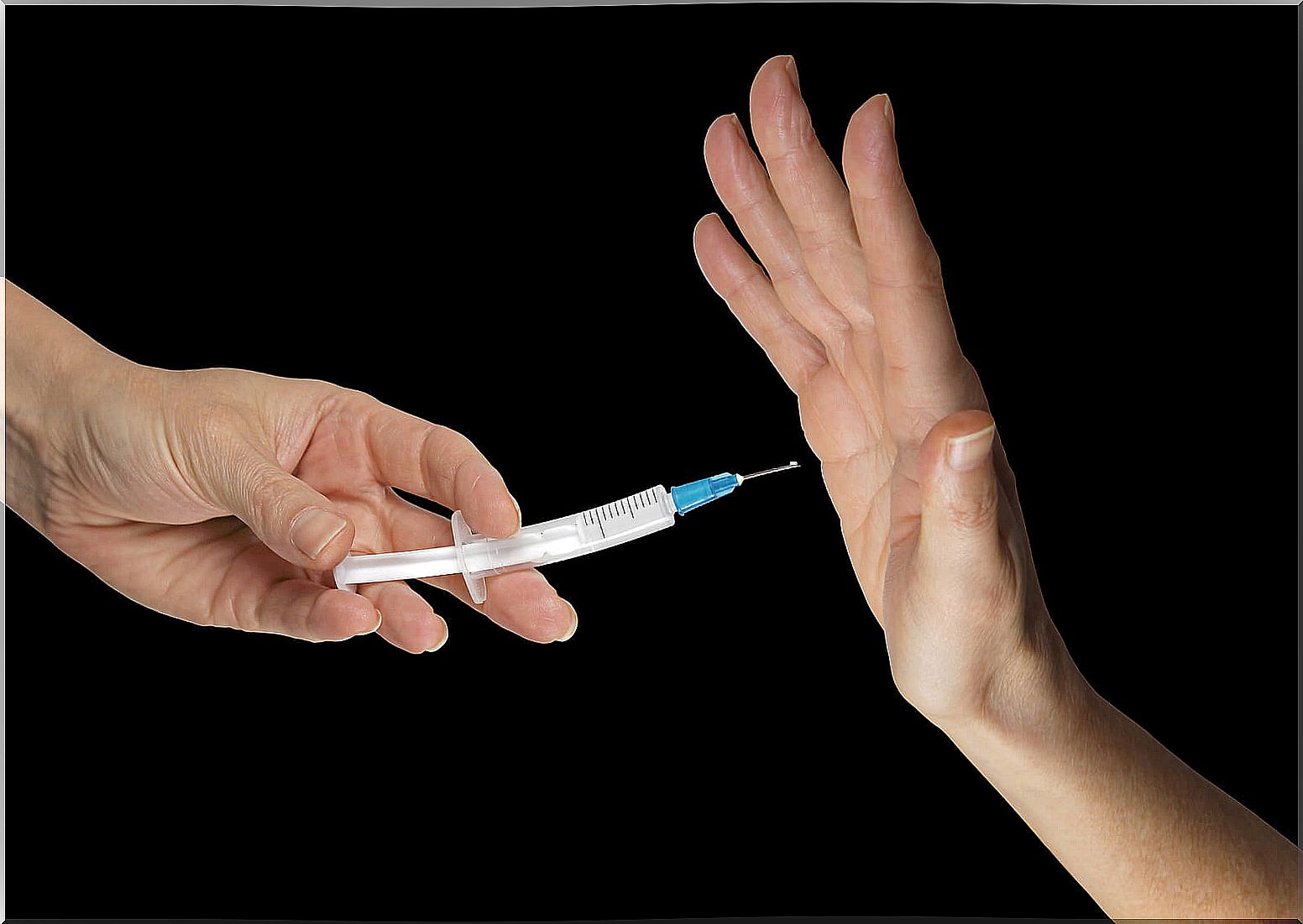
Nevertheless, these effects disappear the moment the patient becomes aware that he received false information. This amazing neurological process that causes these changes stems from stimulation of the frontal lobe, the orbital lobe and the anterior part of the corpus callosum.
The same thing happens with the amygdala, spinal cord, gray matter and nucleus accumbens. According to some MRI scans, these parts of your brain affect your perception of health.
Of course, you must also take into account the person’s attitude and how the researchers administer nocebo. Research on this effect usually goes hand in hand with a good deal of controversy because it can easily cross into unethical territory.
Prescribing a worthless treatment to a patient without telling them the truth can lead to more problems. The controversy is mainly centered around doctors, because it is their job to minimize the symptoms, not to make them worse, and definitely not to make them occur.
The price of medicine
According to a study recently published in the journal Science, the price of drugs has a major impact on people’s subconscious reaction. A group of researchers did a sample of 49 people where they gave them jars full of a kind of cream. They told these people that it was a test for eczema treatment with two different substances. But the truth was that there was only one.
The blue jars (associated with higher price and quality) had the same cream as the red jars (associated with more affordable medicines). The researchers told the volunteers that they were likely to experience a burning sensation because their skin was hypersensitive. They should apply the cream for half an hour and then go somewhere that will warm their bodies.
No matter what it sounds like, the results were revealing. People who received cream in the blue jar said they felt more pain than people in the other group. The reason is that they associated the more expensive cream with stronger effects. It was a psychological trick that kept repeating and increasing in intensity.

The researchers also discovered that their brains illuminated in exactly the same places as with the placebo effect. The main difference was in the gray matter, which was illuminated in different neural areas. This is how the researchers realized that even though the same parts of the brain light up, the way they are activated is very different.
Nocebo effect and fibromyalgia
The researchers conducted an experiment with patients suffering from fibromyalgia. After finding out that people with this disease are more likely to experience the negative effects of a drug, they decided to treat a group of them with nocebo.
These completely harmless nocebos caused so many problems for people with fibromyalgia that many of them even had to stop treatment.
Nocebo effect makes you ponder. First, why is there no more research on this effect? And is its effect really that great for most people. Although there are no personality studies that can support this, it may be true that a person’s motivation could play a role in the results.
People who are obsessed with the changes that a matter will supposedly cause are more likely to feel pain. Hypochondria that occurs in some of these cases can actually have a negative impact on the symptoms of a sick person. It again looks like our brain is a powerful tool that we all need to learn to handle.
If you can control the way you handle whatever you fear most, you are less likely to experience the nocebo effect, the evil twin of the placebo effect.

